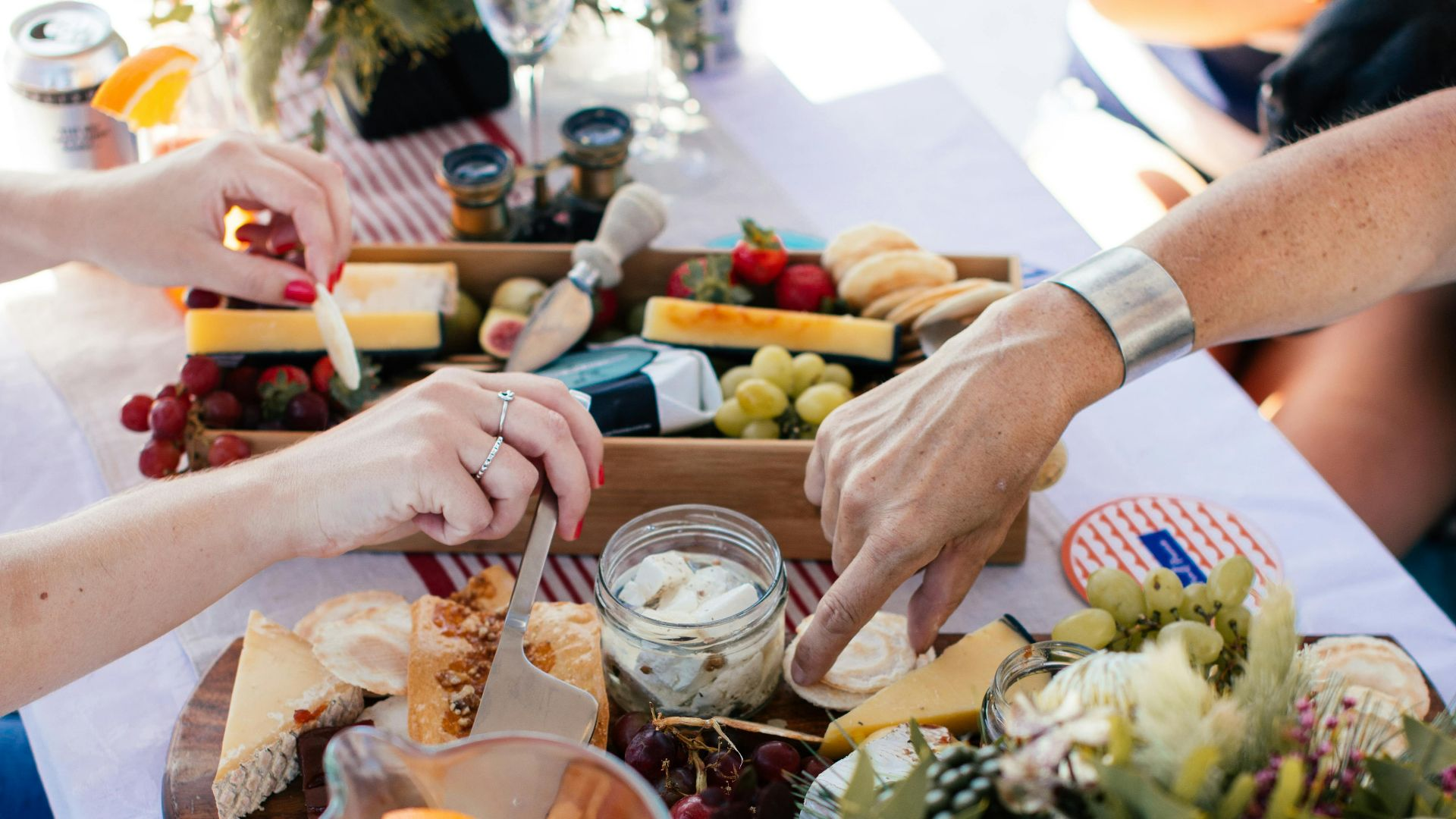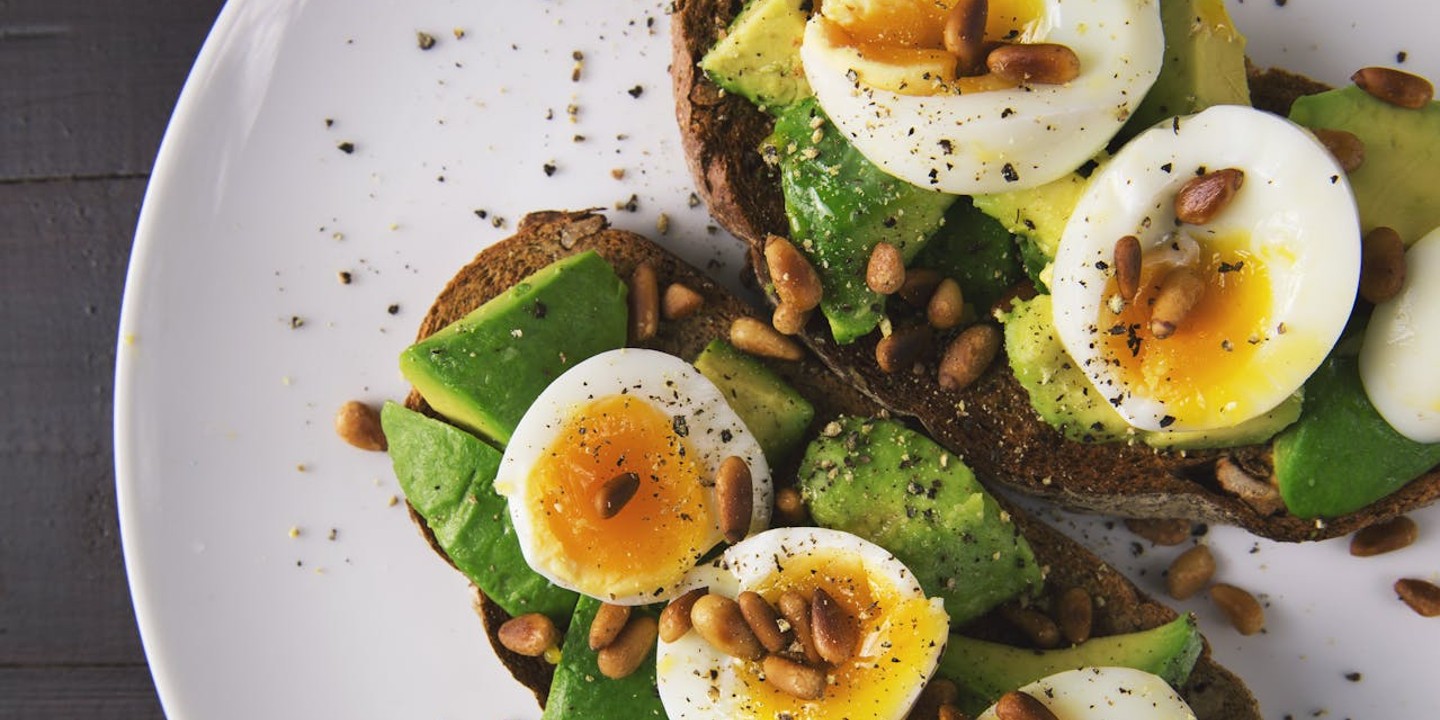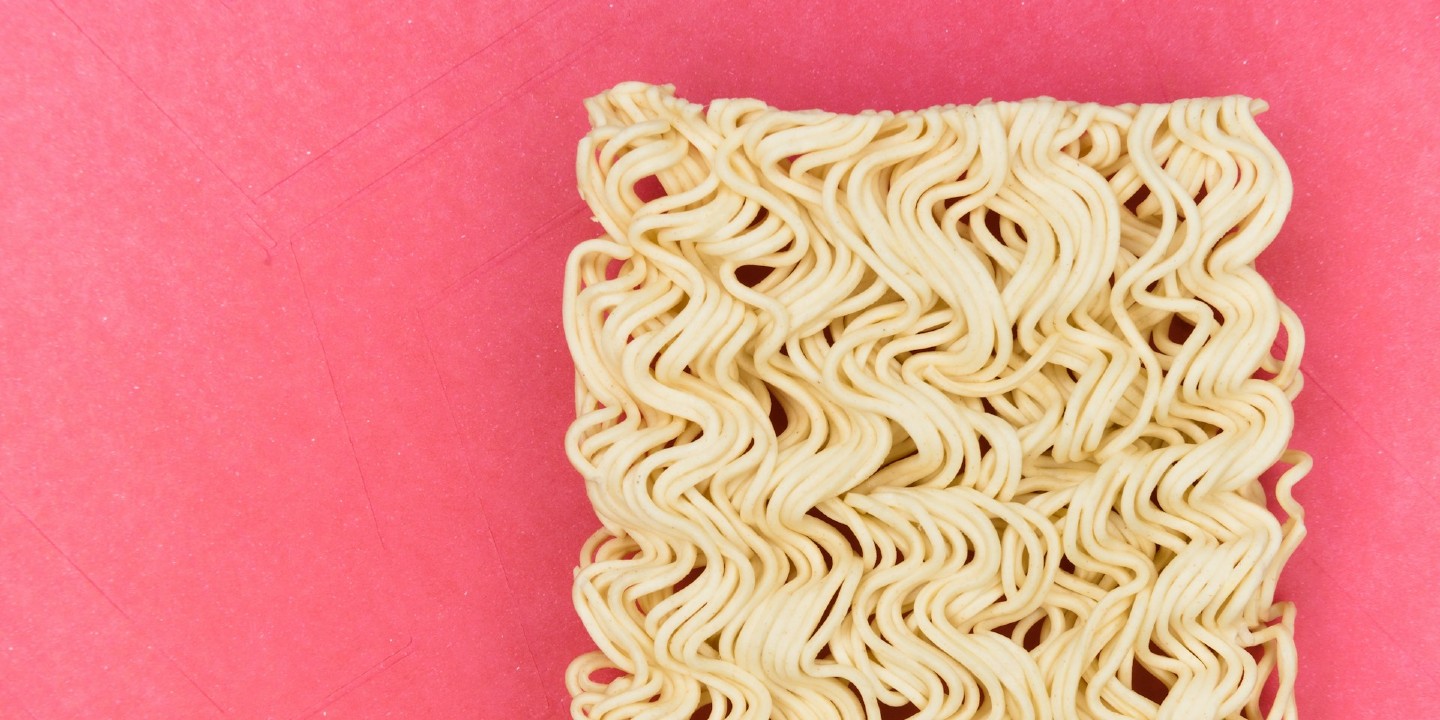10 Psychological Reasons Unhealthy Food Cravings Happen & 10 Strategies For Curbing Them
10 Psychological Reasons Unhealthy Food Cravings Happen & 10 Strategies For Curbing Them
Are You Susceptible To Afternoon Munchies?
Do you often find yourself battling strong hankerings for fatty or sugary snacks? We've all been there. The truth is, these cravings are often tied to underlying psychological factors, and understanding these triggers is the first step in mastering control over our eating habits. Here are 10 psychological reasons we crave junk food and 10 strategies for overcoming our urges.
1. Sleep Deprivation
When you don't get enough sleep, you crave unhealthy foods that will give you quick bursts of energy in the form of blood sugar spikes. When you're tired, your fullness hormone is also delayed, so you end up eating more because you don't feel satiated.
2. Stress
When the stress hormone cortisol is released, your appetite increases. You also crave more high-fat, high-sugar "comfort foods" because they provide temporary pleasure or a sense of relief.
3. Depression
You've probably heard the expression "emotional eating" before; several studies have found a link between emotional distress and unhealthy food intake. People use food to help them cope with difficult emotions like sadness because it temporarily makes them feel happier.
4. Conditioning
We're wired to associate certain foods with certain activities. For example, popcorn at the movies or wings with football. These associations become habits that we do even when we're not hungry.
5. Boredom
One of the most common reasons we overeat is simply boredom. Eating is just something to do when you're bored that provides some stimulation and distraction.
6. Nostalgia & Memory
Cravings are sometimes linked to certain memories or feelings. For example, craving fresh chocolate chip cookies because they remind you of your grandmother.
7. Marketing
Marketing is a powerful force that works on us in ways we're not even consciously aware of. Even just seeing a picture of a pastry or watching a fast-food advertisement can inflict you with a massive, immediate craving.
8. Reward Loops
Your craving may be your brain being addicted to the feeling of pleasure it gets from unhealthy food. When you give in to cravings, you feel momentarily happy until your blood sugar falls and you start looking for your next hit, creating a cycle of craving and reward.
9. Instant Gratification
Even though you know it's not healthy for you, the instant gratification you get from junk food has a powerful effect on the brain. Your brain tends to prefer short-term rushes over long-term health.
10. Social Influence
Social influence has a powerful effect on most of us. If you're surrounded by people who eat unhealthy food, it's harder to resist the temptation and can spark mirror cravings.
Now that we've talked about the psychological reasons you crave food, do you know if bad for you? Let's go over strategies for resisting temptations.
1. Drink Water
Often, when you think you're hungry, you're just thirsty. As soon as a craving starts rearing its head, try drinking a glass of water and waiting a few minutes.
2. Wait
Before immediately giving in to your cravings, take a pause. Waiting 15 minutes and busying yourself with something else is sometimes all it takes.
3. Eat Protein-Rich Snacks
Protein keeps you fuller longer, staving off cravings, so eat healthy snacks that are high in protein. Replacing carbs with protein has also been shown to aid in weight loss.
4. Practice Mindful Eating
To halt autopilot snacking, pay attention to what you're eating and when, as well as the texture and smell of your food. Taking your time with each bite will make you appreciate it more and give your brain time to register that you're full.
5. Eat Filling, Balanced Meals
Perhaps the reason you crave snacks is that you're not feeding yourself properly at meal times. Make sure you're eating filling, balanced meals that leave you feeling satisfied so you're less prone to blood sugar crashes that spark junk food cravings.
6. Sleep More
Lack of sleep disrupts your hunger hormones, so make sure you're getting the right amount of shut-eye at night. Aim for seven to nine hours of quality sleep per night to keep your cravings in check.
7. Manage Stress
Cravings and unhealthy eating habits are often a result of anxiety. Find healthy ways to cope with stress, whether through meditation, exercise, or other self-care practices.
8. Brush Your Teeth Or Chew Gum
Brushing your teeth or chewing gum not only stops you from eating by busying your mouth, but the minty taste can act as a powerful signal to your brain that it's not time to eat. It also makes the taste of food less appealing.
9. Limit Your Exposure
If it's in the house, it's probably going in your mouth. One of the most effective ways to curb cravings is to just not buy certain foods. If you have them in the house already, hide them out of sight.
10. Distract Yourself
If your cravings are the result of boredom, distracting yourself with something like a quick phone call or a walk is often enough to shift your brain off food. Once you get busy with that other thing, you'll likely forget about your craving altogether, even after you finish your task.
KEEP ON READING




























